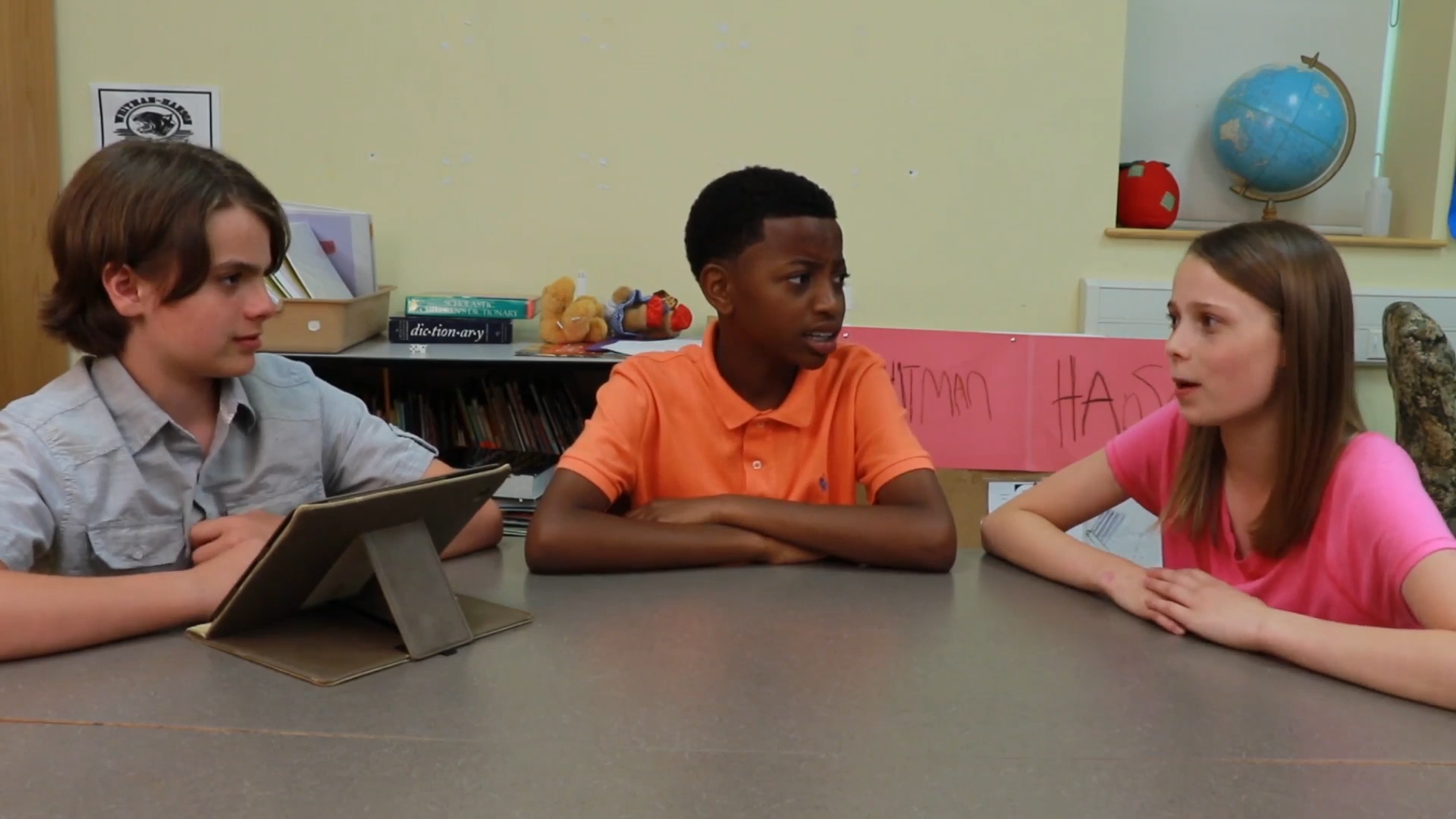
Introduction
In life, plans often change, and it’s crucial for children to learn how to adapt to these changes without getting upset. This skill, called flexibility, is a vital aspect of social-emotional learning that can help students develop healthy relationships and cope with unexpected situations. In this blog post, we will explore the difference between being rigid and being flexible, and provide a no-prep activity, discussion questions, and related skills to help educators teach PreK students the importance of flexibility.
No-Prep Activity: The Flexible Story
This activity requires no preparation or materials from the educator. Begin by gathering your students in a circle. Explain to them that you will be telling a story, and they will help you decide how the story should go. Start with a simple storyline, such as a group of friends planning a picnic. Throughout the story, present various situations where plans change, and ask the students to suggest how the characters should react. For example, the friends might find out that it’s going to rain on the day of their picnic.
Encourage the students to think about flexible responses the characters can have to these changes, such as moving the picnic indoors or rescheduling it for another day. Emphasize the importance of staying calm and not getting upset when plans change. After the story, discuss with the students how the characters felt and how their flexible responses helped them handle the changes in plans.
Discussion Questions
- Why is it important to be flexible when plans change? How does being flexible help us in our daily lives?
- Can you think of a time when you had to be flexible and change your plans? How did you feel, and how did you handle the situation?
- How can we help our friends and family members be more flexible when plans change? What can we say or do to support them?
- What are some strategies we can use to stay calm and not get upset when plans change unexpectedly?
- Why is it important to communicate with others when plans change? How does this help everyone involved?
Related Skills
Besides flexibility, there are other related skills that can help students navigate changes in plans and develop healthy social-emotional behaviors. Some of these skills include:
- Adaptability: The ability to adjust to new situations and environments quickly and effectively.
- Problem-solving: The ability to identify issues and find creative solutions to overcome them.
- Resilience: The ability to bounce back from setbacks and cope with challenges in a positive way.
- Empathy: The ability to understand and share the feelings of others, which can help in supporting friends and family members during times of change.
- Communication: The ability to effectively express thoughts and feelings, which is crucial when discussing changes in plans with others.
Next Steps
Teaching flexibility is an essential part of helping PreK students develop healthy social-emotional behaviors. By incorporating activities like “The Flexible Story” and engaging in meaningful discussions, you can help your students learn to handle changes in plans without getting upset. To further support your students’ learning, we encourage you to sign up for free samples of our skill-based materials and explore additional resources at Everyday Speech.

